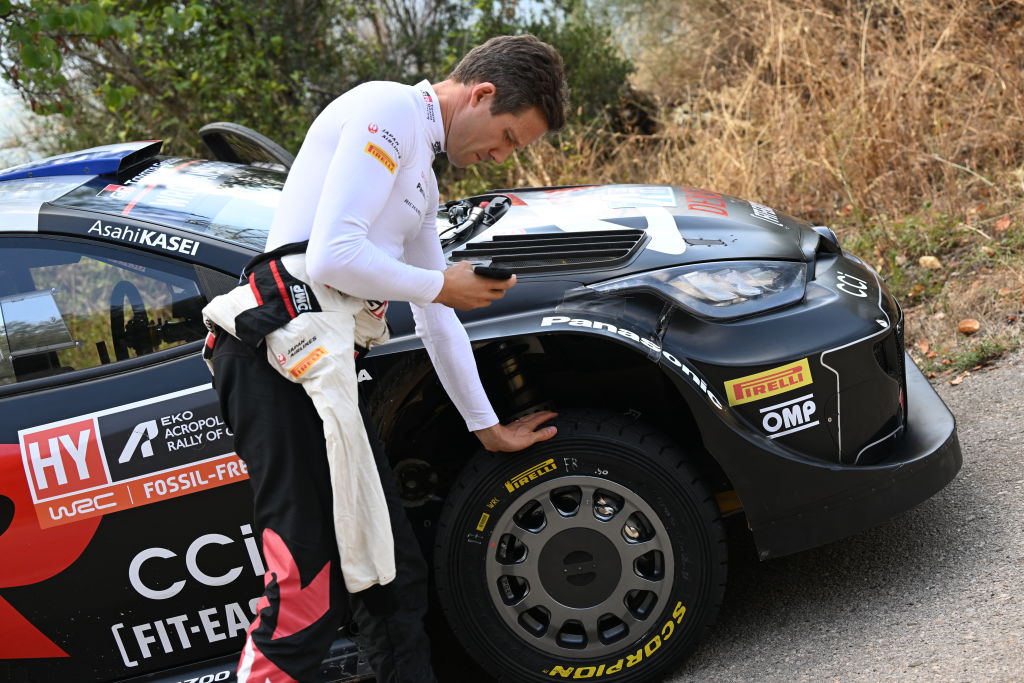The FIA recently imposed a €30,000 fine on eight-time World Rally Champion Sebastien Ogier for expressing his candid opinions about the sport’s governing body. Despite not using profanity, Ogier criticized the lack of action in addressing short gaps between cars during rally stages, affecting visibility. This led to the FIA penalizing him for causing moral injury. Subsequently, Ogier minimized his media interactions and accused the FIA of silencing drivers, reflecting a broader trend of restricting athletes’ expressions in motorsport.
Ogier’s situation mirrored Red Bull Formula 1 driver Max Verstappen’s recent protest tactic, where he received a penalty for swearing during a pre-race press conference. FIA President Mohammed Ben Sulayem had emphasized the need for drivers to refrain from using profanity on team radio during live broadcasts, leading to Verstappen’s public service penalty. The Dutch driver expressed frustration through brief responses to media questions, garnering significant attention. Verstappen’s protest was supported by fellow competitors, including Lewis Hamilton, highlighting solidarity among athletes within the sport against the governing body’s actions.
Despite facing penalties and restrictions on their expressions, both Ogier and Verstappen continued to voice their discontent with the FIA’s decisions. Ogier hinted at the FIA’s broader trend of silencing drivers in motorsport, acknowledging similarities with Verstappen’s penalty in Formula 1. The athletes’ protests shed light on the delicate balance between exercising freedom of speech and respecting the sport’s regulations and governing body’s authority. Their actions signaled a growing dissent among athletes towards the FIA’s handling of disciplinary matters and perceived limitations on their ability to express opinions freely.
Ogier’s suspended fine of €30,000 for criticizing the sport’s failure to address visibility issues during rally stages highlighted the consequential impact of expressing dissent in motorsport. While the FIA justified the penalty by claiming moral injury and defamation towards the organization, Ogier’s actions and subsequent response shed light on the challenges faced by athletes in articulating their grievances within regulated environments. By adopting Verstappen’s protest style, Ogier underscored a shared frustration among athletes towards the FIA’s approach to disciplinary matters and communication guidelines.
The solidarity displayed by athletes like Ogier and Verstappen, along with support from fellow competitors, including Hamilton, emphasized a unified front in challenging the FIA’s decisions and expressing discontent within the sport. Despite facing penalties and restrictions, athletes continued to highlight concerns related to visibility issues and the broader implications of regulatory measures on their ability to voice opinions freely. The evolving dynamics between athletes, governing bodies, and regulations within motorsport underscored the ongoing tensions and complexities surrounding the balance between freedom of expression and adherence to rules and regulations. Ultimately, the athletes’ protests shed light on the importance of open dialogue and mutual respect in navigating contentious issues within the sport.


